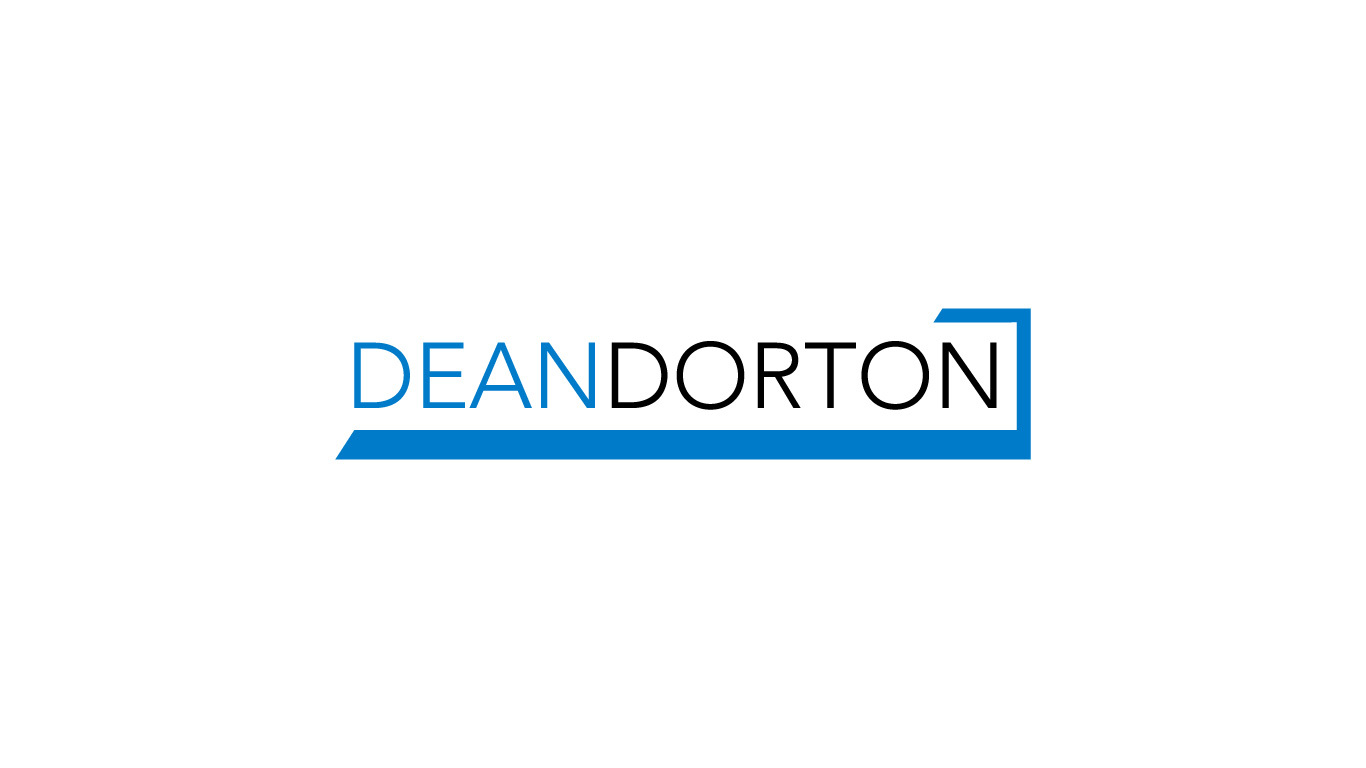Every nonprofit strives to make a difference. However, achieving efficiency and scalability often requires digital transformation—a journey that can be complex given the unique challenges nonprofits face, such as limited staffing and constrained budgets. With the right strategy, nonprofits can leverage technology to optimize operations and drive their mission forward.
Why Your Nonprofit Needs Digital Transformation
Technology is a powerful tool that can streamline operations, enhance donor engagement, and strengthen financial oversight. Digital transformation helps nonprofits:
- Reduce manual workloads through automation
- Improve data analysis for better decision-making
- Enhance communication with stakeholders
- Strengthen cybersecurity and compliance
Despite its clear benefits, digital transformation in the nonprofit sector trails behind other industries due to resource constraints and a lack of strategic guidance.
Overcoming Challenges
Nonprofits embarking on a digital transformation journey should focus on these key areas:
- Leadership Buy-In: Commitment from leadership is crucial. Executives and board members must champion digital initiatives, demonstrating their value to staff and stakeholders.
- Strategic Planning: Technology investments should align with the organization’s mission and long-term goals. Conducting an initial assessment helps prioritize technology adoption based on impact and feasibility.
- Training and Change Management: New tools often require training, which can be difficult for staff who are balancing existing responsibilities. Organizations should provide adequate support to ease transitions and increase adoption rates.
- Resource Allocation: Prioritizing investments with the highest impact ensure that nonprofits maximize their technology budgets. Cloud-based solutions, automation, and data analytics tools often provide cost-effective and scalable options.
Best Practices for a Successful Transition
To ensure a smooth and effective transition, nonprofits should adopt the following best practices:
- Assess Your Current State: Identify gaps and inefficiencies in current operations. A technology assessment can help determine which digital solutions align best with organizational needs.
- Engage Stakeholders: Involve team members at all levels in planning discussions. Their insights can guide decision-making and foster buy-in, ensuring smoother implementation.
- Set Measurable Goals: Establish clear objectives to track progress, such as improving donor retention, increasing operational efficiency, or enhancing financial transparency.
- Start Small, Scale Smart: Pilot new technology with a small group before rolling it out to the whole organization. This allows for feedback and adjustments, reducing disruption.
How Dean Dorton Technology Can Help
At Dean Dorton, we understand the unique challenges nonprofits face. Our technology consulting services provide:
- Personalized consultations to evaluate existing infrastructure and identify opportunities for improvement
- Cloud-based financial and ERP solutions, like Sage Intacct, enhance financial management
- Cybersecurity and compliance support to protect donor and organizational data
- Process automation and workflow optimization to increase efficiency
- Data analytics and reporting solutions to drive informed decision-making
Our team works closely with nonprofits to develop tailored strategies that align with their missions while optimizing operations and engagement.
Looking Ahead
The nonprofit sector is evolving, and digital transformation is essential for long-term success. Organizations that embrace technology will be better positioned to achieve their goals, enhance stakeholder relationships, and navigate an increasingly digital landscape.
By leveraging best practices, nonprofits can successfully integrate digital solutions that drive meaningful change.








